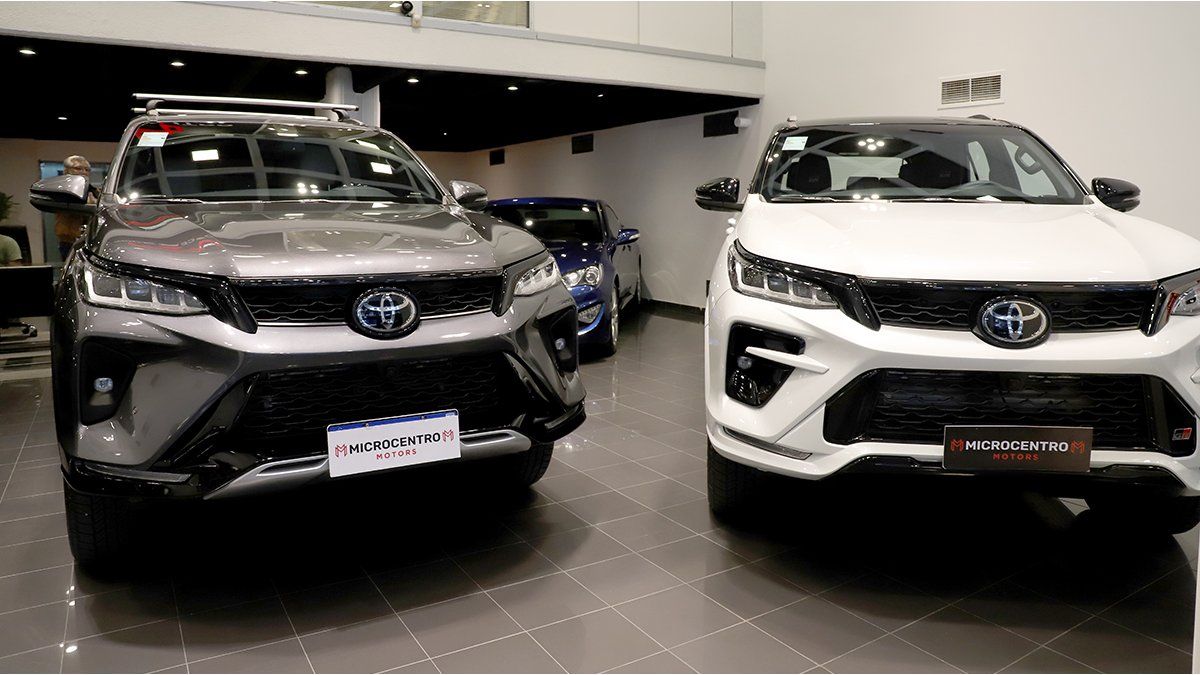The rise in the official dollar of more than 100% is already impacting the economy with strong price increases. In the automotive sector they are becoming known The first lists with increases range from 20% to 60% depending on the models.
In any case, most brands did not define their commercial strategy due to the magnitude of the devaluation and how to transfer the fall of the peso to the 0km without being affected by Internal Taxes.
The problem that arises is the limitation imposed by the tax base of the “luxury” tax. Currently, all 0km of more than $14,700,000 must pay this tax, which implies an increase of between 25% and 50% in the values of the carsdepending on the scope of the first or second scale.
That is why many models are “topped” below that value. While, The most accessible 0km on the market cost above $9,000,000 in public price. It is true that many models are being sold on the market at premium prices, especially imported ones, which exceed that value, but since it is a private negotiation between dealerships and buyers, they do not pay the tax.
If the devaluation is transferred directly, all vehicles would have to pay this tax, which would cause excessive increases.
“We must keep in mind that the revenue it generates is not important but that it is applied to stop the outflow of dollars. If they do not make a change, the revenue will fall more because car sales will collapse,” they said from a automotive.
For this reason, work is already underway on a change in the “luxury” tax so that fewer cars are affected.
“We are dealing with the issue,” a government official acknowledged to Ámbito yesterday when asked about a possible modification.
“Without a doubt it must be modified. The problem has been identified. Saying when the modification will be made is premature. It is being analyzed,” the source added.
However, the head of the association that brings together the terminals (ADEFA), Martín Zuppi, confirmed today in radio statements that work is being done on this change and that the first tax scale could be eliminated or suspended and the second rate left with a value higher.
This solution would be similar to the one applied at the beginning of Mauricio Macri’s administration, in January 2016, when he eliminated the first stopover and reversed what was done by the government of Cristina Fernández de Kirchner.
Alberto Fernández, in 2019, re-implemented the pre-Macri scheme, which is the one in force.
It must also be taken into account that, due to the devaluation, automotive companies will no longer be able to avoid paying this tax at Customs and “cap” prices in the market. It is a technical issue, but in practice what it implies is that for the FOB value of the 0km in port they already have to pay taxes.
As it is not clear, at the moment, how the 0km import will work after the elimination of the SIRA system, the terminals cannot estimate whether they will be able to increase imports and how to pay for them.
Source: Ambito




